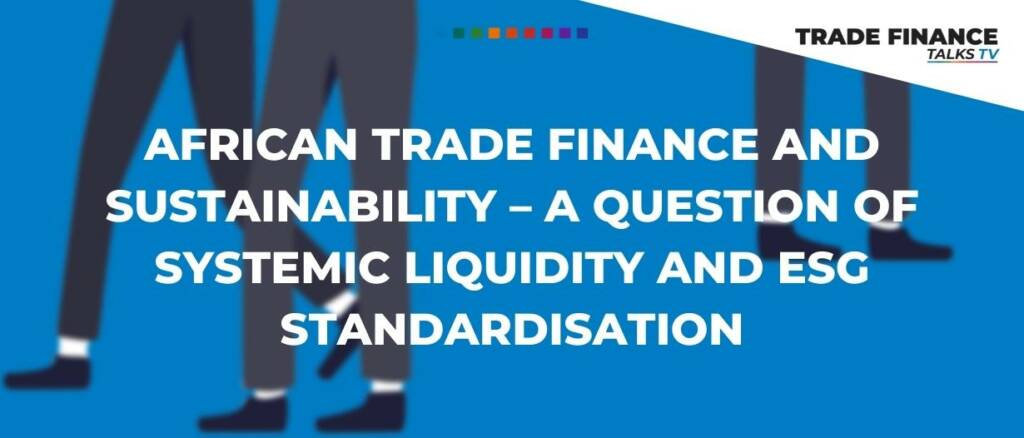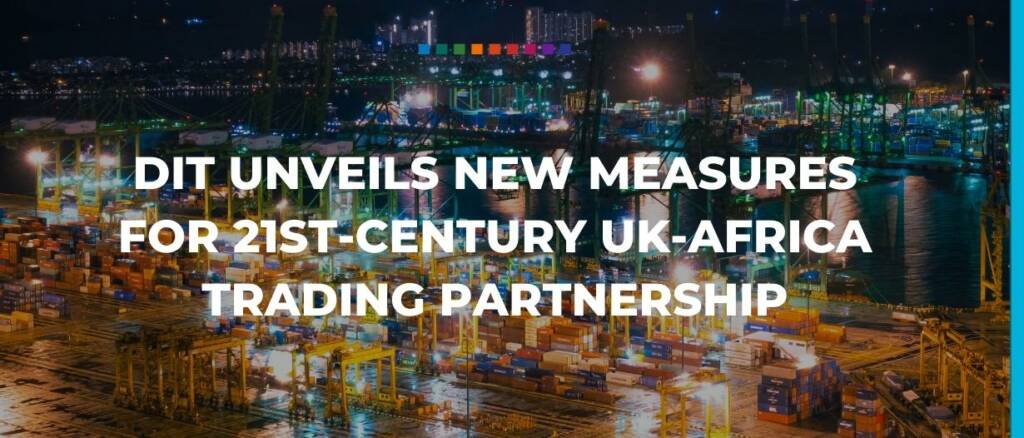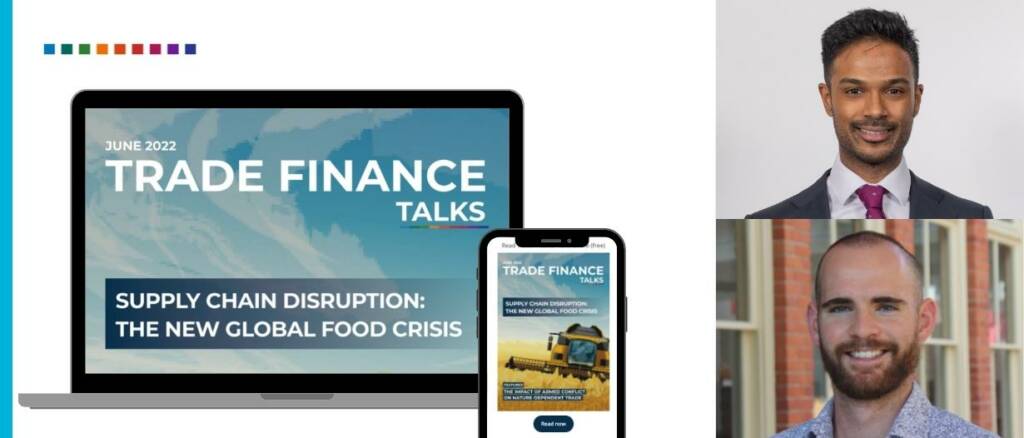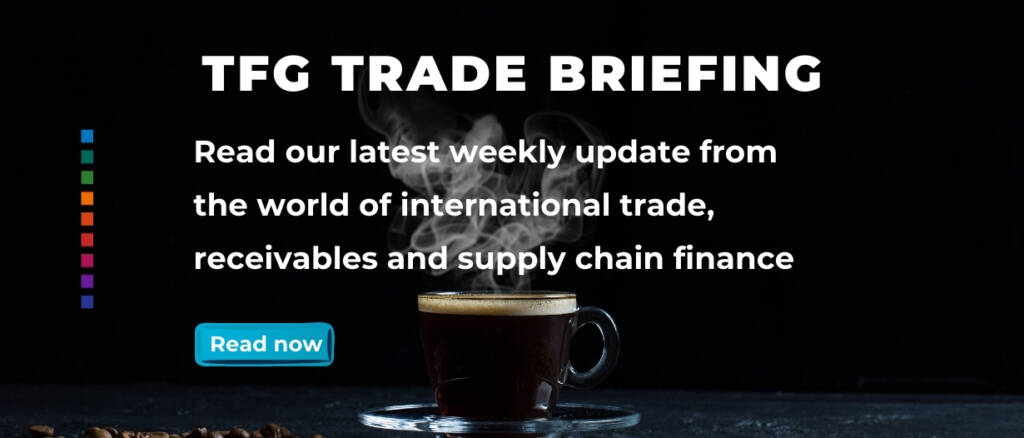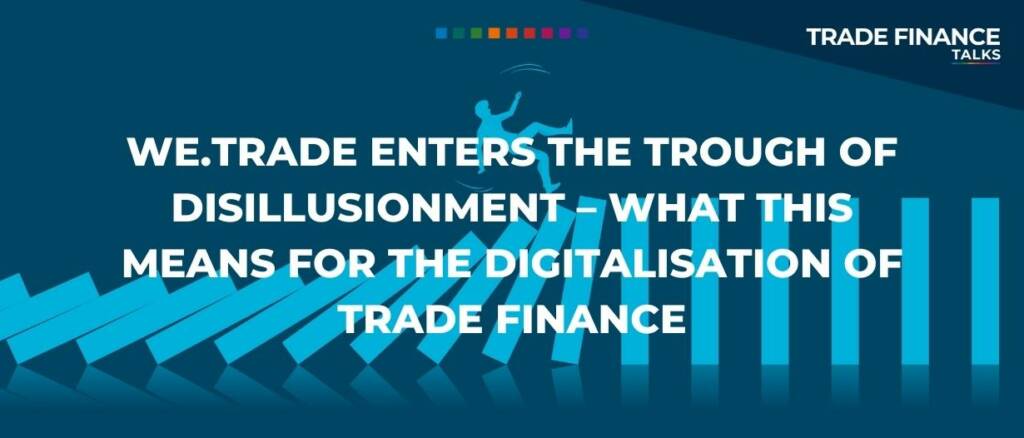Just as the UK was experiencing record temperatures and a summer heatwave, the annual rate of inflation accelerated to a fresh forty-year high.
As global central banks hike rates to rein in inflation, and businesses battle with sourcing goods through choked supply chains exacerbated by the war in Ukraine and Chinese lockdowns, Africa finds itself with a growing problem–accessing US dollar liquidity.
Reflecting back on key themes from the ExCred International 2022 conference in London, it is clear that the uncertainty of globalisation, driven by geopolitics, is a hot topic in today’s world.
After weeks of speculation and predictions of the euro’s value hitting parity with the US dollar, it finally happened this week, and the world noticed.
Elitza Kavrakova from Raiffeisen Bank International AG discusses how, despite years of discussion, commercial bankers have not seen much improvement in the process of de-risking.
On Thursday, UK Secretary of State for International Trade, Anne-Marie Trevelyan, introduced two new measures related to the UK-Africa trade partnership in a speech on the UK’s trade relationship with… read more →
As Iain Martin of the Times said, “To deny the downsides of Brexit on trade with the EU is to deny reality.”
The decision to secede from the world’s largest single market area was bound to have some short-term economic consequences, but the UK may be experiencing more than a short-term decline.
The latest issue of TFG’s Trade Finance Talks, ‘Supply chain disruption: the new global food crisis’ is out now!
Your Monday morning coffee briefing from TFG: we.trade enters the trough of disillusionment – what this means for the digitalisation of trade finance
we.trade, a blockchain-based trade finance network owned by 12 European banks and IBM, told shareholders in May that it had run out of cash.
















